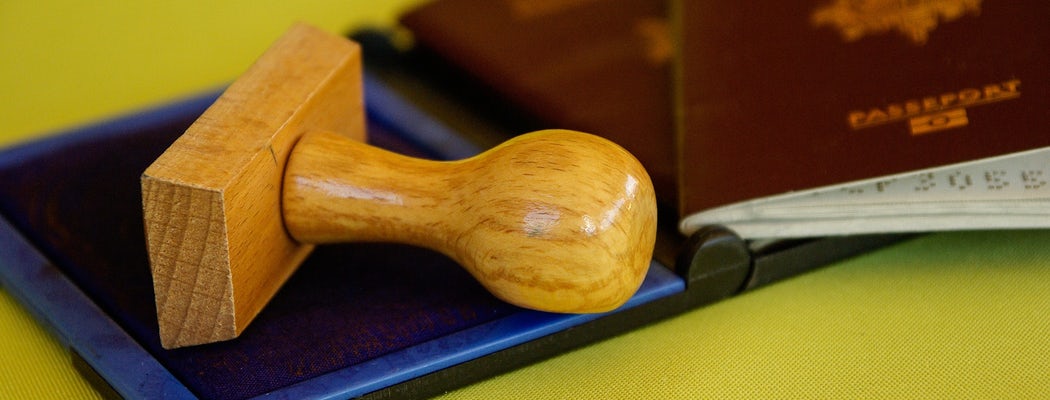Judicial review is the process by which courts determine whether the legislative and executive branches, especially the former, have exceeded their power. Judicial review is most likely to exist in a federal system such as the United States and in countries with written constitutions. In a federal system, with power divided be-tween the central government and the member states, the courts are the logical branch of government to determine the power boundaries between the two levels of government. Although judicial review exists in a number of countries, its scope is broadest in the United States.
In nations where judicial review exists, the judiciary usually plays a more significant role in the governmental process than in countries where the courts do not exercise this power. In the United States both federal and state courts have held federal and state laws invalid under the federal Constitution. The United States Supreme Court has the last word on the constitutionality of a federal or state law. Judicial review is important not only because of its use, but also because of the threat of the judicial veto. Congress and the president, in making policy, always must consider the possible unconstitutionality of their acts.”
Judicial review is not granted specifically in the Constitution, but it has been exercised since 1803 with respect to acts of Congress.’° Many more state laws have been held unconstitutional, however, than acts of Congress or the president. Since 1789, about 80 congressional laws have been held unconstitutional. The instances where executive acts have been held beyond the power of the president are relatively few. One of the more recent examples occurred in 1952, during the Korean War, when the Supreme Court held that President Truman did not have authority to seize the steel industry to avert a strike.’9 Although originally the subject of controversy, judicial review generally is accepted today.
Examples of Judicial Review In Constitution
Judicial review exists in some European countries, but in no country has it existed as long as in the United Slates, nor does the judiciary in these countries play a role comparable to the United States courts. In France, under the Fifth Republic, the constitutional council is a body consisting of all ex-presidents of France and nine other appointed individuals. The council, which is not part of the regular judicial system, may hold unconstitutional certain laws of Parliament if they are referred to it by the president of the republic, the premier, or the presidents of both Houses of Parliament. This is very limited judicial re-view, for no individual can challenge the constitutionality of a law.
The weakness of the council is illustrated by its refusal to rule on President de Gaulle’s referendum on direct election of the president of France in 1962, despite the fact that the French constitution did not authorize such action.2° West Germany has a special constitutional court, which may decide the validity of any federal or land (state) law and which protects the fundamental rights of citizens. This court has assumed a role of importance in the West German governmental system. Among its important decisions were two that declared both the Communist Party and neo-Nazi party to be unconstitutional as organizations detrimental to a democratic state.
Judicial review is also common in Latin America, due to the influence of Anglo-American law. Mexico has a unique form of judicial review in the form of the writ of amparo, which permits a citizen to apply to a federal court for redress if a law or act of a government official impairs any right guaranteed by the constitution of Mexico. This writ, however, is less than real judicial review, since the judges do not grant re-lief to each petitioner who files a complaint.
